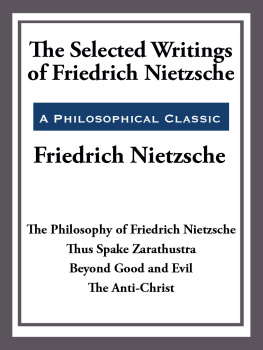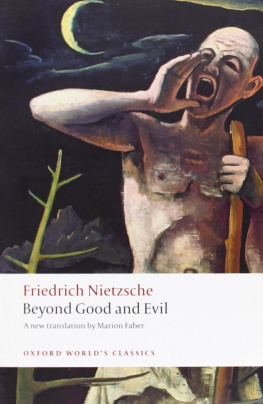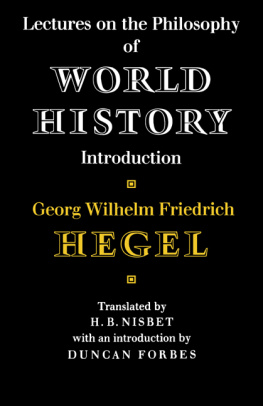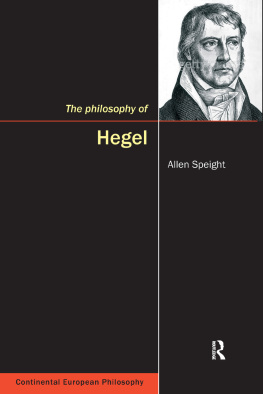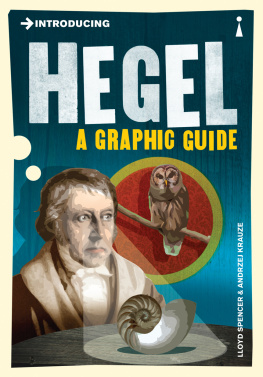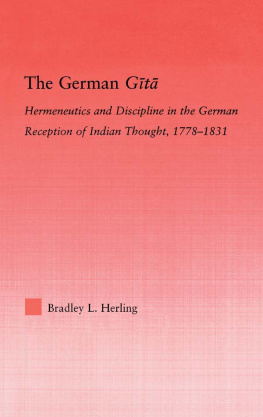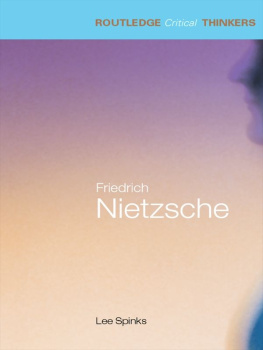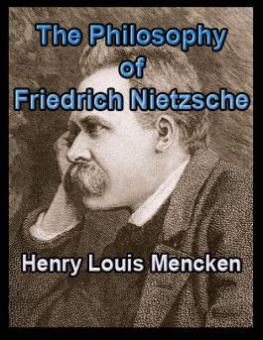
The Romantic Idea of the Golden Age in Friedrich Schlegels Philosophy of History
The nineteenth-century Romantic understanding of history is often confused with the longing for the past Golden Age. In this book, the Romantic idea of the Golden Age is seen from a new angle by discussing it in the context of Friedrich Schlegels works. Interestingly, Schlegel argued that the concept of a past Golden Age in the beginning of history was itself a product of antiquity, imagined without any historical ground.
The Golden Age was not bygone for Schlegel, but to be produced in the future. His utopian vision of the Kingdom of God was related to the millenarian expectations of perpetual peace aroused by the revolutionary wars. Schlegel understood the current era through the kairos concept, which emphasised the present possibilities for public agency. Thus history could not be reduced to any kind of pre-established pattern of redemption, for the future was determined only by the opportunities manifested in the present time.
Asko Nivala is a Postdoctoral Research Fellow in Cultural History at the University of Turku, Finland.
Routledge Studies in Cultural History
For a full list of titles in this series, please visit www.routledge.com
42 Travelling Notions of Culture in Early Nineteenth-Century Europe
Edited by Hannu Salmi, Asko Nivala and Jukka Sarjala
43 Language as a Scientific Tool
Shaping Scientific Language Across Time and National Tradition
Edited by Miles MacLeod, Roco G. Sumillera, Jan Surman and Ekaterina Smirnova
44 Transnational South America
Experiences, Ideas, and Identities, 1860s1900s
Ori Preuss
45 Enlightenment and Political Fiction
The Everyday Intellectual
Cecilia Miller
46 Madness in Cold War America
Alexander Dunst
47 Minor Knowledge and Microhistory
Manuscript Culture in the Nineteenth Century
Sigurur Gylfi Magnsson and Dav lafsson
48 The Problem and Place of the Social Margins, 13501750
Edited by Andrew Spicer and Jane L. Stevens Crawshaw
49 Electroconvulsive Therapy in America
The Anatomy of a Medical Controversy
Jonathan Sadowsky
50 A Cultural History of Sound, Memory, and the Senses
Edited by Joy Damousi and Paula Hamilton
51 The Romantic Idea of the Golden Age in Friedrich Schlegels
Philosophy of History
Asko Nivala
First published 2017
by Routledge
711 Third Avenue, New York, NY 10017
and by Routledge
2 Park Square, Milton Park, Abingdon, Oxon OX14 4RN
Routledge is an imprint of the Taylor & Francis Group, an informa business
2017 Taylor & Francis
The right of Asko Nivala to be identified as author of this work has been asserted in accordance with sections 77 and 78 of the Copyright, Designs and Patents Act 1988.
All rights reserved. No part of this book may be reprinted or reproduced or utilised in any form or by any electronic, mechanical, or other means, now known or hereafter invented, including photocopying and recording, or in any information storage or retrieval system, without permission in writing from the publishers.
Trademark notice: Product or corporate names may be trademarks or registered trademarks, and are used only for identification and explanation without intent to infringe.
Library of Congress Cataloging-in-Publication Data
A catalog record for this book has been requested
ISBN: 978-1-138-63518-0 (hbk)
ISBN: 978-1-315-20652-3 (ebk)
Typeset in Sabon
by ApexCoVantage, LLC
Contents
This book has its roots in the doctoral dissertation which I wrote at the University of Turku. Professor Hannu Salmi (University of Turku) has not only commented meticulously on the numerous draft versions of this work, but he has also encouraged me and advised me in many ways in my academic career. Professor Ulrich Breuer (Johannes Gutenberg-Universitt Mainz) has been highly supportive and generous with his time. His wide knowledge of the Schlegel studies, his precise comments and his helpful suggestions have been a fundamental contribution for the research process. I would like to thank Professor Robert S. Leventhal (The College of William & Mary) and Dr. Dorit Messlin (Universitt Erfurt) for their encouraging comments and constructive criticism. Finally, I am deeply grateful to the anonymous reviewers of the manuscript.
Many of my colleagues at the Department of Cultural History in the University of Turku have read and commented on the whole manuscript. Professor Marjo Kaartinen provided helpful suggestions on how to polish my prose and strengthen the argumentation. Lic. Phil. Sakari Ollitervo has given me an outstanding amount of reading suggestions and constructive comments based on his great learning. I would like to express my gratitude to Docent Valtteri Viljanen for giving me many valuable hints, especially concerning Spinoza. Finally, a big thank you goes to Dr. Keith Battarbee, who not only polished my English, but also checked all my translations from German. All remaining mistakes are my own responsibility.
A three-year research grant from the Finnish Cultural Foundation was extremely important for making this project financially possible. The Oskar flund Foundation has also funded the project with a research grant. This monograph was part of the research project Travelling Notions of Culture: Itineraries of Bildung and Civilisation in Early Nineteenth-Century Europe (20122016), funded by the Academy of Finland and directed by Prof. Salmi. I am grateful to the Academy of Finland for its financial support. Our project provided me also a productive intellectual environment for finishing the study. All those sophisticated conversations we had with Docent Jukka Sarjala, Dr. Janne Tunturi, Dr. Heli Rantala and M. A. Juhana Saarelainen have been important for elaborating my argumentation.
My father and mother and also my mother-in-law, father-in-law and sister-in-law have been extremely supportive during this long endeavour. Finally, I wish to express my deepest gratitude for my lovely spouse, Dr. Jasmine Westerlund. With loving care she has accompanied me through even the most difficult periods. Jasmine, I dedicate this work to you, with all my love.
Permissions
Schlegel, Friedrich, translated by Ernst Behler and Roman Struc, selected quotations from Dialogue on Poetry and Literary Aphorisms , 1968, appear in , in this volume. Copyright 1968 by The Pennsylvania State University Press.
Schlegel, Friedrich, translated by Peter Firchow, selected quotations from Philosophical Fragments , 1991, appear in , in this volume. Copyright 1991 by the Regents of the University of Minnesota.
Schlegel, Friedrich, translated by Stuart Barnett, selected quotations from On the Study of Greek Poetry , 2001, appear in , in this volume. Copyright 2001 by State University of New York.
Prelude: Gold as a Standard for Authenticity
The 2010s have been defined by a revival of primitivism and posthumanism, exemplified in Yuval Noah Hararis bestseller Sapiens: A Brief History of Humankind (2011, trans. 2014). Reminding one of a nineteenth-century presentation of universal history, Harari surveys the history of humankind from the Stone Age to the transhumanist future. By telling the history of agriculture from the nonhuman point of view of wheat, he argues that the Neolithic Revolution was historys biggest mistake, making peoples lives worse. On the other hand, the book predicts an utopian vision of the future where humans have the ability to live forever. It is prominent that Harari not only tries to provide a scientific justification for the recent interest in the Palaeolithic way of life, but he also predicts a transhumanist vision of the utopian future. Thus, Hararis understanding of history implies a triadic pattern: both the beginning and the end of history have utopian qualities, whereas the time between them is an undesirable interlude.



